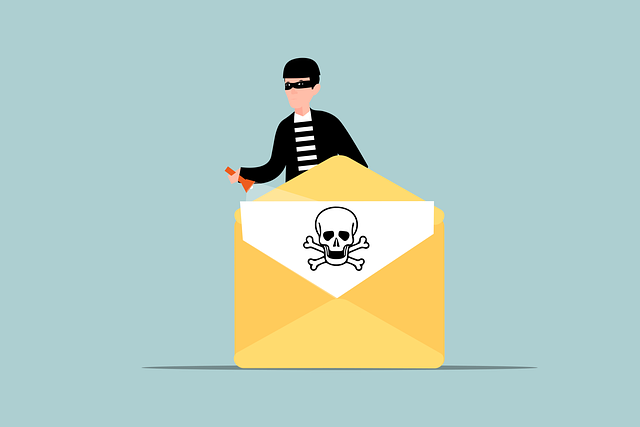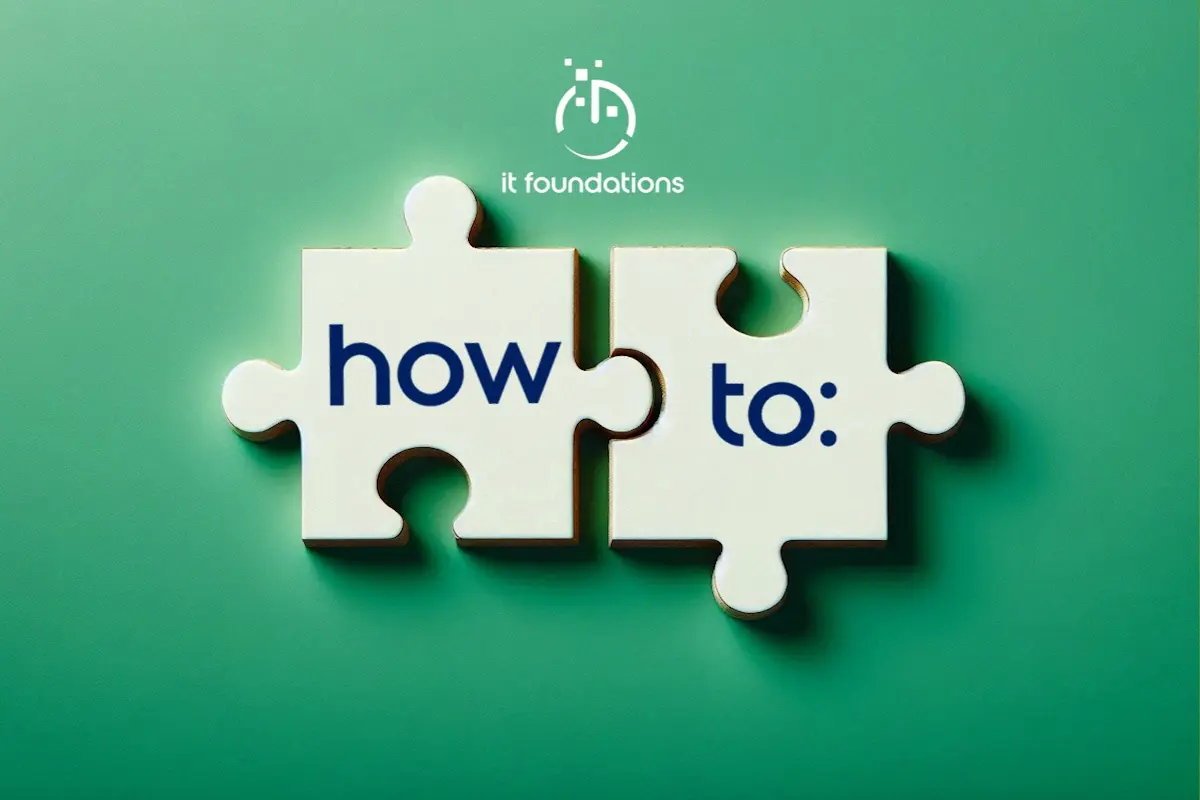How to send a secure encrypted email in Microsoft Outlook
Discover the importance of email encryption and learn how to send secure emails in Outlook.
Our client portal provides all the tools you need to create, view or update your support requests.
For urgent IT support during business hours, or if you suspect anything suspicious call 01314528444 for the fastest response.
If one of our team has asked you to start a remote control session on your computer, use the remote control menu option above.
2 min read
itfoundations
Originally posted on April 15, 2024
Last updated on February 14, 2025
Have you been hearing a lot about email authentication lately? Acronyms like DMARC and DKIM have been flying about but unless you are a computer geek, you probably have no idea what it is or why it affects you. With phishing being a major security threat and the main cause of data breaches, it's time to take email authentication seriously and understand what those terms mean.
Let's dive into the world of email authentication and help you understand why it's more important than ever for your business. At its core email authentication boils down to being able to prove that the sender of an email is who they say they are.
If you can verify that an email genuinely comes from who it purports to then that cuts out a lot of (but not all) the risk associated with that email. Let’s look at why.
Email protocols are the rules that govern how emails are sent, received, and stored. They ensure that emails can travel from one email server to another and eventually reach the recipient's inbox.
Email authentication uses three key protocols: SPF, DKIM, and DMARC. These settings are recorded against your email domain with your domain registrar (the body that issues your mybusiness.co.uk domain) and are publically available. Email services then check against these records to verify that emails they receive are genuine.
Let's look at these three protocols and what they do.
Dmarcreport wrote about how both Google and Yahoo have implemented new DMARC policies recently that make email authentication essential for businesses sending emails through Gmail and Yahoo Mail. Many businesses suddenly found that their emails weren’t being delivered to their clients and that is because these key protocols hadn’t been set up. If you manage your own email without using a Managed Service provider then there is a good chance that you won’t know what these protocols are, or that they are needed, let alone how to set them up.
Implementing DMARC isn't just about complying with new policies, it offers a range of benefits for your business, including protecting your brand reputation, improving email deliverability, and providing valuable insights.
It's time to take action and put DMARC in place for your business email.
We're here to help. Contact our Edinburgh based experts today to discuss how we can help you secure your business emails.

Discover the importance of email encryption and learn how to send secure emails in Outlook.

For decades now email has been an essential part of our daily lives. Many people use it for various purposes, including business transactions. With...

Quickly find or recover missing or lost emails in Microsoft Outlook with our 9-step guide that helps you search better and faster